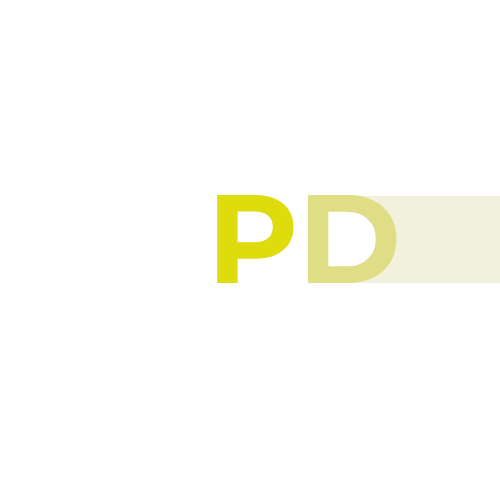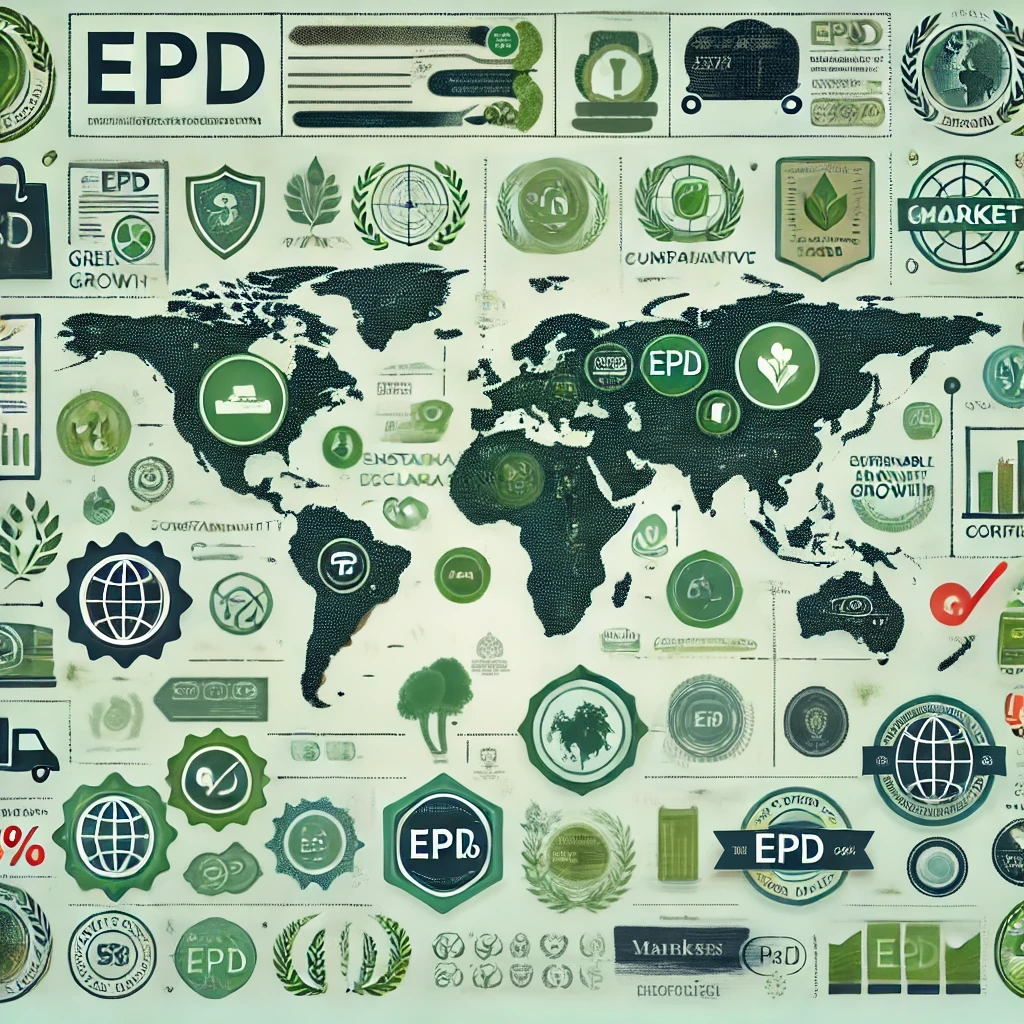As sustainability becomes a key driver in the construction and manufacturing sectors, Environmental Product Declarations (EPDs) are no longer just a value-added feature—they are becoming a market necessity. In the UAE, where green building practices and certification systems like LEED, Estidama, and Mostadam are gaining momentum, the absence of an EPD can place products at a clear disadvantage.
Below are the reasons why EPD-lacking products may struggle in the UAE market and how EPDs offer a competitive edge:
Green Certification Requirements
Green building systems in the UAE often award points for using materials with verified environmental impacts. Without an EPD, a product may be excluded from specification in high-profile green projects. This directly limits its applicability in both public and private sector developments aiming for certification.
Market Preference for Transparency
Developers, consultants, and contractors are increasingly prioritizing transparency in product selection. Products without an EPD lack third-party verified data, making them less attractive in projects that demand environmental accountability and traceability.
Disadvantage in Sustainable Procurement
Government-led and large-scale infrastructure projects in the UAE are integrating green procurement policies, which often require or favor EPD-certified materials. In public tenders or prequalification processes, products lacking EPDs may be disqualified or ranked lower.
Missed Marketing Opportunities
EPDs provide marketing teams with validated environmental data that can be used in eco-labels, catalogs, and client presentations. Products without this data cannot claim environmental performance, which weakens brand positioning in a competitive market.
Reduced Export Potential
The UAE acts as a hub for international trade, especially for the Gulf region. Since EPDs are based on international standards (like ISO 14025, ISO 21930, EN 15804), products with EPDs are more easily accepted in regional and global markets, while uncertified products face additional scrutiny.
Loss of Long-Term Competitiveness
Companies that fail to invest in environmental declarations risk falling behind as sustainability becomes mainstream. EPDs are increasingly seen not as a premium feature but as a minimum requirement, especially among multinational firms operating in the UAE.
Conclusion
In a market like the UAE—where innovation, environmental responsibility, and global standards intersect—not having an EPD can significantly limit a product’s visibility, acceptance, and competitiveness. As green building requirements and sustainability benchmarks become more stringent, obtaining an EPD is no longer optional for manufacturers aiming to grow in the region.
By proactively adopting EPDs, companies not only meet current expectations but future-proof their products for evolving regulations and client demands.


